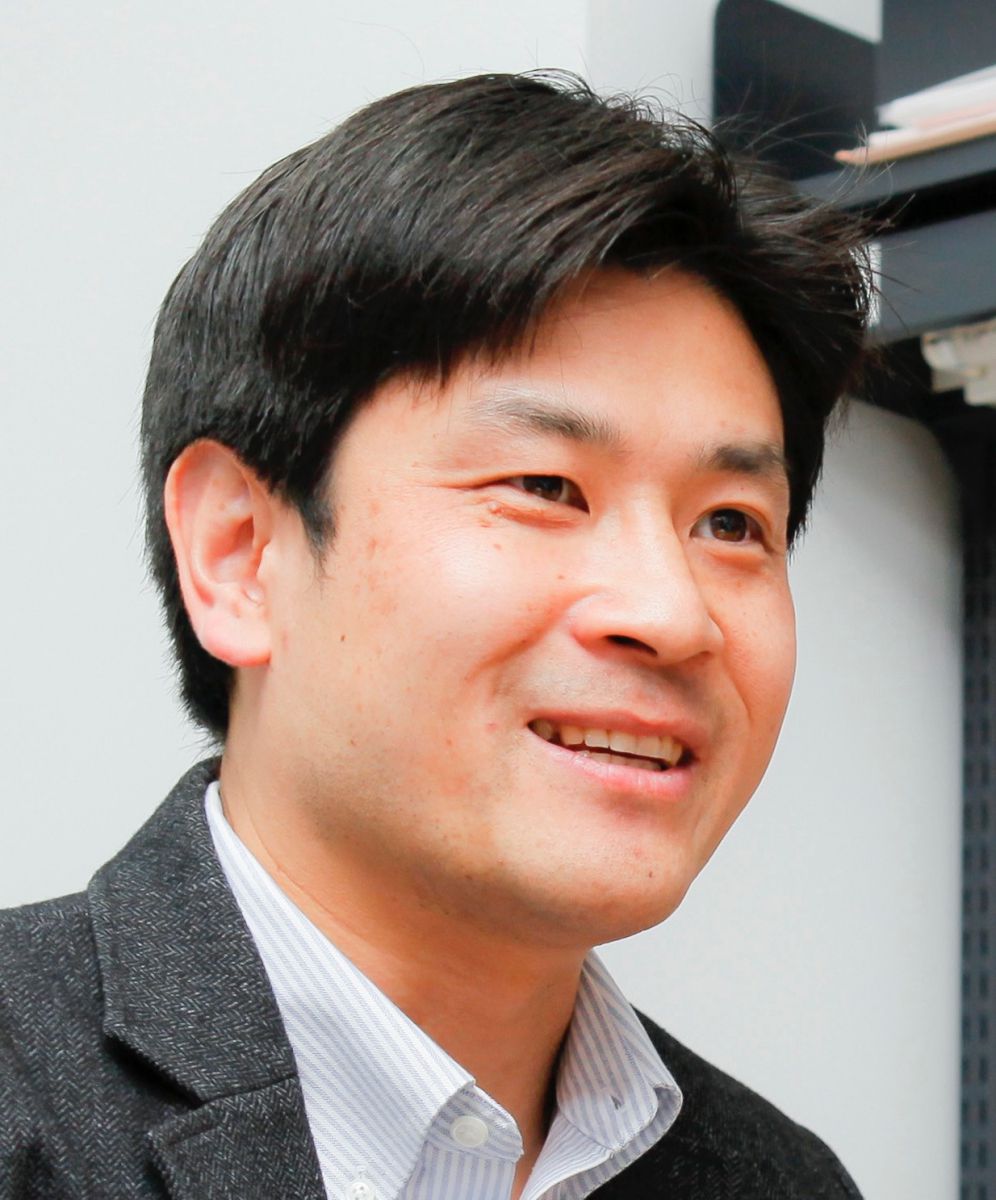
Academic Degree(s)
Ph.D.
makoto.arita@riken.jp
Current Position
Professional Experience
Education & Training
Awards
Research Grants
Committee & Membership
Selected Publication
Taiwanese Society for Nutritional Psychiatry Research 台灣營養精神醫學研究學會 symposium@tsnpr.org.tw
Copyright © 2015 TSNPR 台灣營養精神醫學研究學會 All rights reserved.
